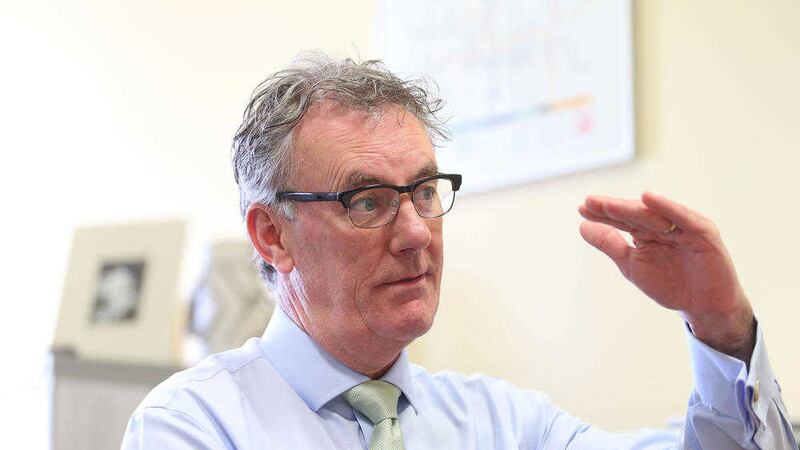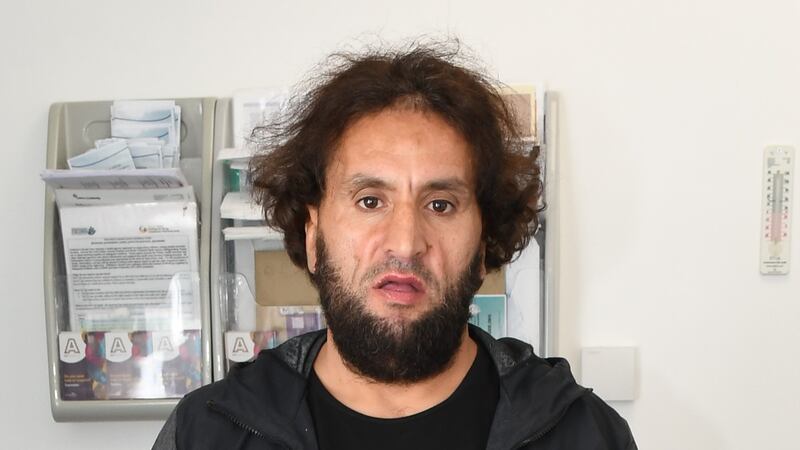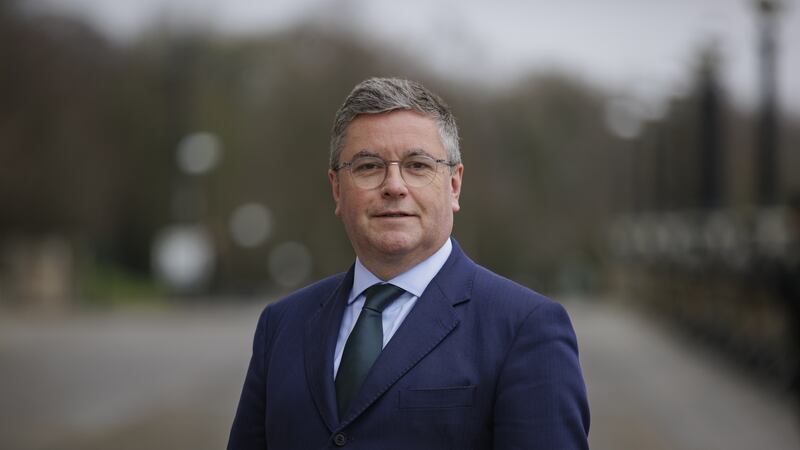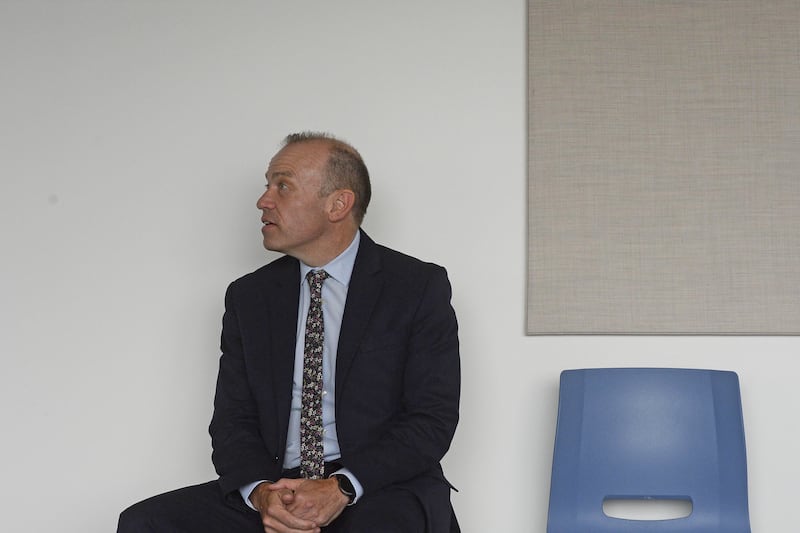Ulster Unionist leader Mike Nesbitt is enjoying a purple patch yet he's not overly optimistic about the current talks process. Ahead of this weekend's party conference he tells Political Correspondent John Manley why he's lost patience with the current situation at Stormont...
IT'S clear Mike Nesbitt has a spring in his step. As he approaches his fourth conference as Ulster Unionist leader this weekend, the former UTV anchorman can point to several strategic successes and an electoral bounce that was largely unexpected outside of the party.
In recent weeks his party has outflanked the DUP, effectively forcing its bigger rival to adopt the much-derided 'in-out' policy and walk into one of the biggest political PR disasters of recent times. Mr Nesbitt believes that following this week's British government report into paramilitary activity his decision to withdraw the UUP's sole minister from the executive has been vindicated.
He describes Peter Robinson's decision to initiate a series of ministerial resignations and renominations in the aftermath of Sinn Féin northern chairman Bobby Storey's arrest as an "insult to democracy".
"I don’t mind them making fools of themselves," the Strangford MLA told The Irish News yesterday. "But I won't accept them making a fool of devolution, which was so hard fought for by a lot of people, including the Ulster Unionist Party."
His party may have left the executive but they remain, for the meantime at least, in the current round of talks at Stormont House, which are expected to intensify over the next week.
Mr Nesbitt believes there are "some really big challenges", particularly dealing with paramilitarism.
He is especially concerned about the continued existence of the IRA army council, which the monitoring report suggested controls Sinn Féin.
"Who are these people and where is their mandate?" the Strangford MLA asks.
While not overly optimistic that efforts to address both loyalist and republican paramilitarism will be universally welcomed within the talks, Mr Nesbitt believes a "unique opportunity" exists to end "community control, money out of the economy and reputational damage abroad".
"There’s an opportunity to find a collective political will and for the first time ever to say 'enough is enough – this is the end'," he says.
In response to criticism that the UUP leader has stood with loyalist paramilitaries but failed to show the same tolerance of republican associations with the IRA, Mr Nesbitt concedes that "it highlights an inconsistency".
But he likens his decision to join representatives of the Progressive Unionist Party and UPRG in last year's so-called graduated response to former SDLP leader John Hume's engagement with Gerry Adams in the late 1980s.
"Unionism was outraged then in the same way nationalism is saying it was outraged at me standing shoulder-to-shoulder with loyalist paramilitaries as I did last year," he says.
"But actually the intent was the same – what John Hume was trying to do was bring the republican movement to a different place and that’s what I was trying to do with loyalism."
He acknowledges there was a downside to that strategy: "Firstly, the people of influence in their communities were expecting a political outworking they did not get, and secondly, nationalism and republicanism is now criticising me for being a hypocrite and undermining trust."
When asked whether the UUP will see the talks through to their conclusion, he appears resigned to take every day as he finds it.
"I would hope we’ll stay in the talks until their conclusion, but whether we can put our hand up for what’s agreed is another matter," he says.
"Though on agreements, I’m pretty sure the DUP and Sinn Féin have carved something out in the parallel talks taking place at the (Stormont) castle."
The UUP's relative success in successive elections means Mr Nesbitt enjoys the full support of his party. He is particularly proud of last month's endorsements from the party's ruling council to leave the executive and remain in the talks, respectively.
Buoyed by the renewed presence of two Ulster Unionists in Westminster, the Strangford MLA is hoping to build on that success in the forthcoming assembly election. The target he says is to at the very least match the 16 MLAs elected in 2011 – noting that three subsequently left the party ranks.
On whether the UUP will enter government after the election if it achieves the necessary mandate, Mr Nesbitt says it's a case of wait and see: "Two questions that will determine position – is it a positive, progressive Programme for Government for all the people and is there a collective political will to actually deliver it?
"If the answer is yes and yes then we’ll go into government but if no to either then we will not."








